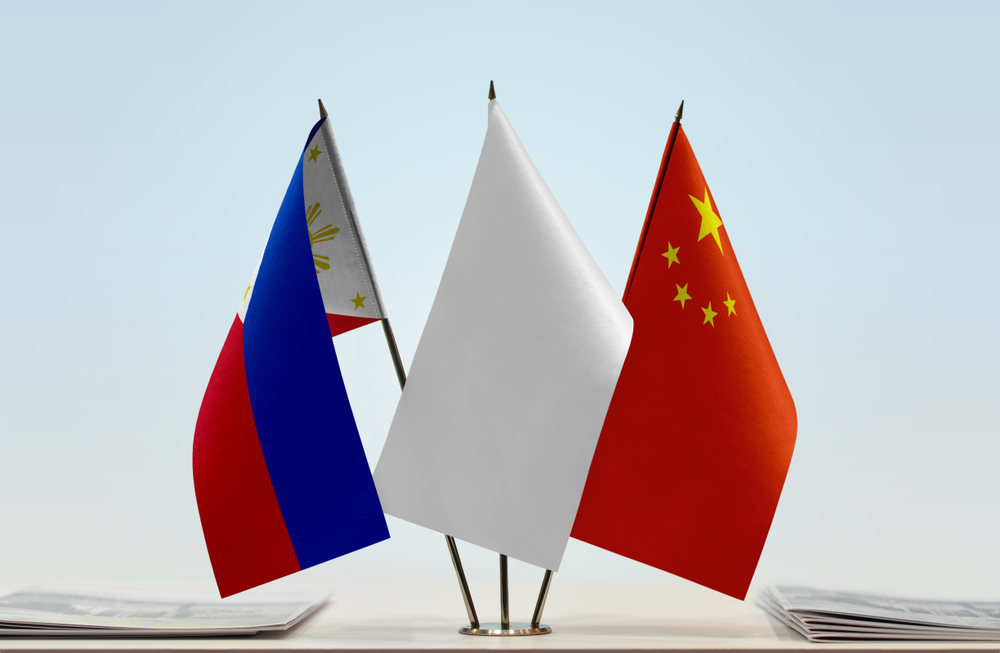
“This kind of situation is obviously not the kind of situation that China wants to be in place when it comes to a joint development partner. That’s why there is resistance from their side,” said Batongbacal in a mix Filipino and English during the online forum, Tapatan sa Aristocrat, on Monday. (alexfan32/Shutterstock)
MANILA – The country has to come up with new legislation safeguarding its sovereign rights over its jurisdictions should it pursue oil explorations with another state.
Atty. Jay Batongbacal, Associate Dean at the University of the Philippines College of Law, said the current policy under the Offshore Oil Exploration Development Act of 1972 is based on the assumption that the partners for oil explorations are corporations that “will always be subjected to Philippine laws, rules, and regulations”.
“This kind of situation is obviously not the kind of situation that China wants to be in place when it comes to a joint development partner. That’s why there is resistance from their side,” said Batongbacal in a mix Filipino and English during the online forum, Tapatan sa Aristocrat, on Monday.
In 2019, the Philippines and China signed a memorandum of understanding to move forward discussions and possible areas of cooperation on oil and gas explorations in the West Philippine Sea –the disputed waters between the two states.
Batongbacal said the new law will ensure there will be no prejudice once the country entered into a joint exploration with China or any other state.
“One of our biggest problems is that entering into a new joint development agreement might be seen as either acceptance of China’s claims or a waiver of our exclusive rights, our sovereign rights,” he added.
Batongbacal said there should also be a legislative framework for any joint oil explorations with other countries, while also following the international practice of having a special regulatory framework or “another treaty with special legislation” for each development project.
The legislative framework should also address the issue on joint supervision and control, he said.
“It’s an important safeguard for us to make sure we do not end up not being seen having given up our sovereign rights over our own resources over our own territories and jurisdictions,” he added.
Batongbacal further said the Covid-19 pandemic has given the government an opportunity to carefully study the legal obstacles in joint oil exploration between Manila and Beijing.
He said the urgency of explorations come with higher oil prices in the world market, which is not the current situation amid the pandemic.
“We can look at it in two ways: It might be a kind of disincentive for us to really push hard and fast on joint exploration because it’s not urgent and the market basically is not favorable right now. On the other hand, as far as the Philippines is concerned, it will have to forgo the opportunities in exploration in the West Philippine Sea,” he added.






















